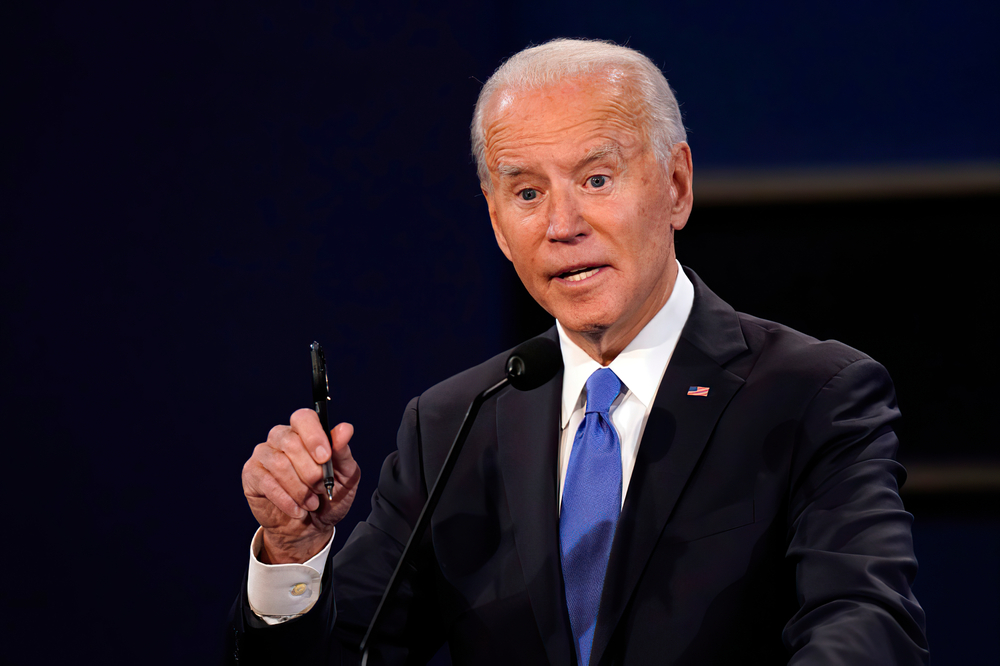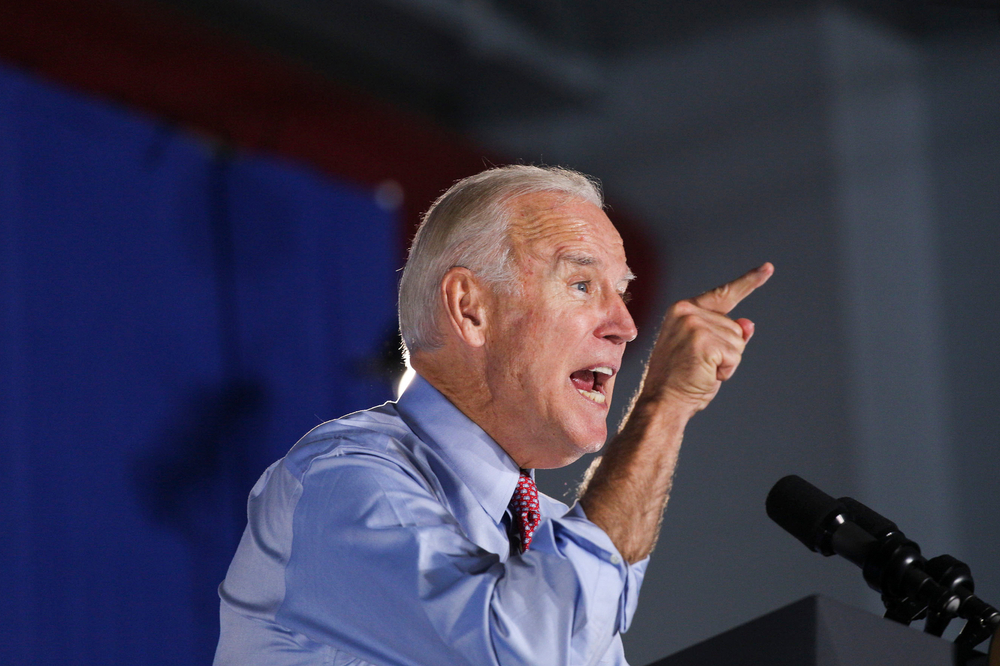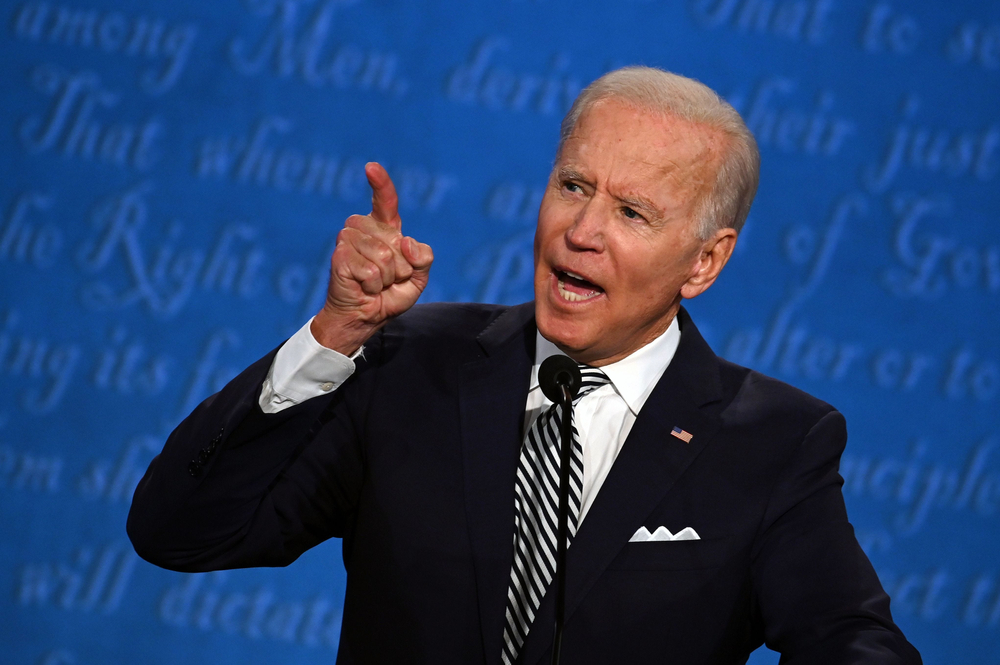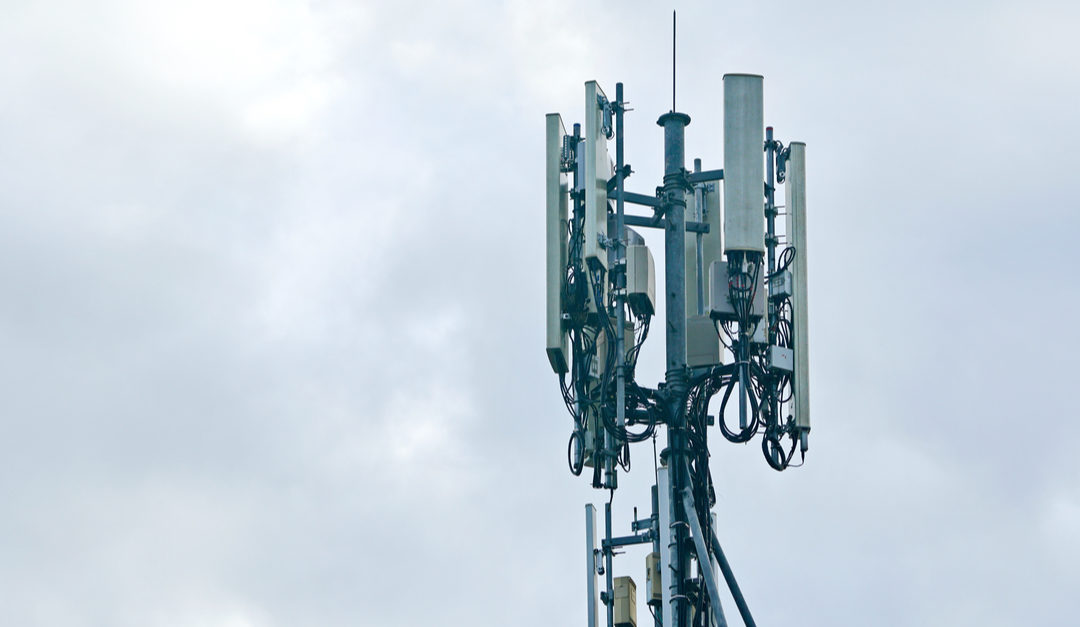Usage based billing (UBB), also referred to as pay as you go, pay-per-unit, or metered pricing, amongst others, is a billing model used across a variety of industries that charges users based on what they actually use instead of a fixed rate that is the same for everyone. This billing approach is common for services where usage can vary widely, and the approach is increasingly common especially as software-as-a-service continues its popularity with customers.
Of course, there are always those who believe they have a better way for a business to operate, and for some of those people UBB is just not acceptable. They envision an online world where everyone pays the same no matter what they are doing online. Someone who only needs access to read and send email would be charged the same as the upstart crypto miner down the block; the person only reading restaurant reviews on Saturday would pay the same as 24/7 high-definition graphics game player.
Imagine purchasing electricity this way. Your 1,200 square foot house only cooled to 74 degrees in August would cost the same as the 10,000 square foot, 64-degree house down the road. How about paying the same to take an Uber to the grocery store while your neighbor takes one across the country and you both pay the same rate? This system works for no one, except maybe the regulators. Regulators, and legislators, are often so eager to require that certain industries operate in a manner they imagine is most beneficial that they forget the damage they do to consumers and innovation.
Innovation takes many forms. Most obvious, perhaps, is the new gadget, but services, operations and billing practices all result in greater benefits for consumers when those functions also are infused with innovation.
Government forcing internet service providers, or any business, to sell their product or service at a fixed price rather than a pricing system that works for them and their customers is just run of the mill price controls. Those who claim that ending the option to offer usage based billing protects consumers ignore the practice’s wide use throughout our economy. Even worse, they ignore the economic damage that their arbitrary restriction would visit upon most consumers, especially those who use internet access less than average.
So, who are those who have internet access but use it less than others? To answer in the reverse, according to Pew Research, urban residents under 50 years old are the heaviest users and often report that they are “always on.” Suburban users less so and rural users even less. Those 65 years old and older also use the internet less. These then are the biggest losers in this government regulatory scheme — suburban and rural retirees.
The pursuit of one price fits all also signals a deep and disturbing misunderstanding of how an internet service provider operates. Despite some politician’s stated understanding, the internet is not “a series of tubes.” Delivering access to broadband is not akin to delivering water to a home. Rather, the demand on the network, and hence the costs, are dynamic.
Networks are in an almost constant state of expansion and improvement as consumers demand faster, better and further reaching systems. UBB meets this reality by allowing providers to change their pricing as offerings, conditions and consumer demand warrants. Individuals win as services meet the moment.
Regulators may have a role to play but that role is not to curtail innovation and most certainly is not to harm consumers. If they have their way and end UBB for service providers, the losers will not just be those forced to pay higher prices for less but the American innovation landscape broadly.

Expanding Broadband in Texas the Right Way
On Memorial Day the Texas legislature sent Governor Abbott bills to expand broadband in rural and urban areas. The combined legislation would make sensible expansion of broadband faster and easier throughout Texas. So far Abbott has not signed them into law. House...

IPI Policy Basics: What Is Intellectual Property and Why Is it Important? (Audio: Podcast)
In honor of World IP Day, IPI President Tom Giovanetti and Research Fellow Bartlett Cleland discuss why intellectual property protection is important, and why IPI hosts annual World IP Day Policy Briefings. Click Here to Listen to the Podcast with Institute for Policy...

Is Biden’s Broadband Infrastructure Spending Future-Proofing or Foolishness? (Audio: Podcast)
In discussion with IPI President Tom Giovanetti, Research Fellow Bartlett Cleland discusses the current state of broadband infrastructure and explains why enormous new federal spending on broadband is unnecessary and likely harmful. Click Here to Listen to the...

Analyzing the Biden Administration’s Tech and Innovation Policy Agenda
While it took a couple months for clarity to replace idle speculation, the Biden administration’s tech and innovation public policy agenda is increasingly clear. The forecast? Government with little chance of free markets. At his recent address to Congress President...

Closing the Laboratories Just as They Are Most Needed
In 1932, progressive U.S. Supreme Court Justice Louis Brandeis popularized a phrase regarding the importance of the U.S. system of federalism. As he wrote, “…a single courageous State may, if its citizens choose, serve as a laboratory; and try novel social and...

IEI Signs Coalition Letter Opposing BRIDGE Act
Click to Download Full Letter

IEI Signs Coalition Letter Opposing State Regulations on App Stores
Click Here to Read the Full Letter

Litigation, Patents and the Last Mile for Broadband
Not long ago, when the federal government considered spending on infrastructure, that meant roads, bridges, sewer systems, water pipes and electrical grids. Today, justified or not, information technology infrastructure and broadband are part of the conversation. But...

Is Biden’s Broadband Infrastructure Spending Future-Proofing or Foolishness? (Audio: Podcast)
In discussion with IPI President Tom Giovanetti, Research Fellow Bartlett Cleland discusses the current state of broadband infrastructure and explains why enormous new federal spending on broadband is unnecessary and likely harmful. Click Here to Listen to the...

IPI Policy Basics: What Is Intellectual Property and Why Is it Important? (Audio: Podcast)
In honor of World IP Day, IPI President Tom Giovanetti and Research Fellow Bartlett Cleland discuss why intellectual property protection is important, and why IPI hosts annual World IP Day Policy Briefings. Click Here to LISTEN to the Podcast


Recent Comments